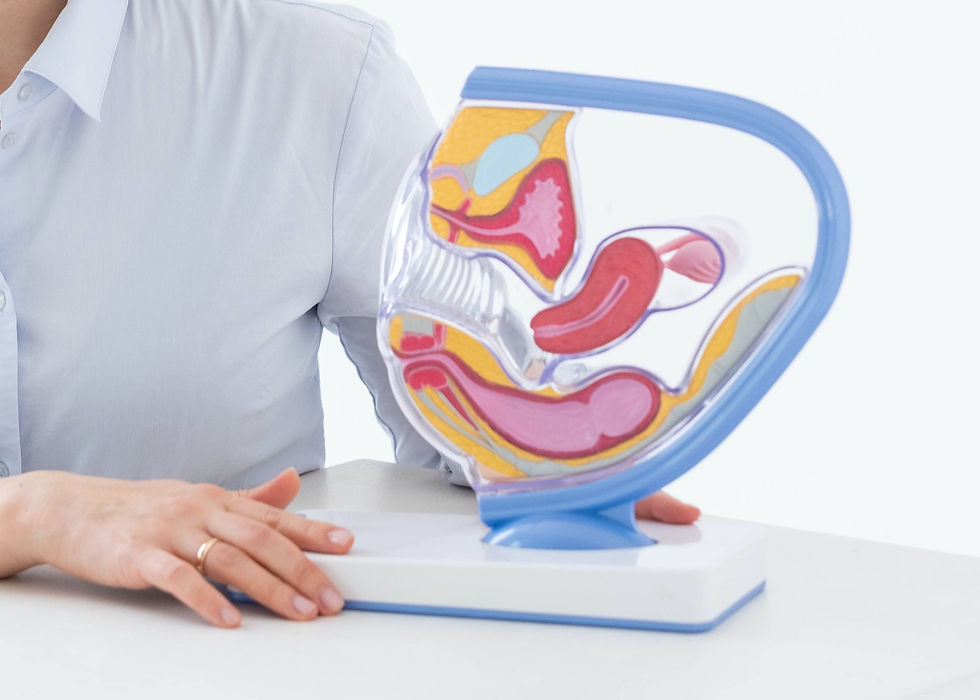Long Haulers
- Alan Frischer, MD, MPH

- Dec 23, 2020
- 2 min read
So many of my patients have become infected with the COVID-19 virus. If you have, I hope that it was a mild case and that you have fully recovered.
But there is a peculiar twist to this strange disease. 10% or more of those who were infected continue to suffer from long-term symptoms, and are becoming known as “long-haulers.”
In theory, they have recovered from the worst of the disease and have had a negative test. While they are most likely to be over 50, to have two or three chronic illnesses, or to have had a serious COVID case, many young and otherwise healthy sufferers are also considered to be long-haulers.
Long-haulers appear to include two groups: Those who experience some observable permanent damage to their lungs, heart, kidneys, or brain, and those who continue to experience debilitating symptoms despite no detectable damage. The list of symptoms is long and inconsistent, and it is interesting that their long-term symptoms do not necessarily look like their original illness. The most common long-hauler symptoms include:
Cough
Fatigue
Body aches
Joint pain
Shortness of breath
Loss of taste and smell
Difficulty sleeping
Headaches
Brain fog
The leading theories are that the virus remains in the body in some small form, or that the immune system continues to overreact even though the infection has passed. Dr. Anthony Fauci, director of the National Institute of Allergy and Infectious Diseases at the National Institutes of Health, has speculated that many may have developed myalgic encephalomyelitis/chronic fatigue syndrome (which can also be triggered by other infectious diseases, such as mononucleosis, Lyme disease, and SARS, another coronavirus disease). Scientists have, so far, been unable to predict who might become a long-hauler.
The goal of these long-haulers is to resume employment, family life, etc. while continuing to deal with debilitating symptoms. There is currently no intervention or treatment. For many, online support groups have been helpful.
To date, over 17.5 million Americans have been infected with COVID-19, and the number may climb to as many as 50 million. That implies that we could ultimately be dealing with millions more long-haulers; a lasting and significant problem for our country.
If you have had COVID, currently test negative, but continue to experience symptoms, please do not hesitate to contact your doctor.


